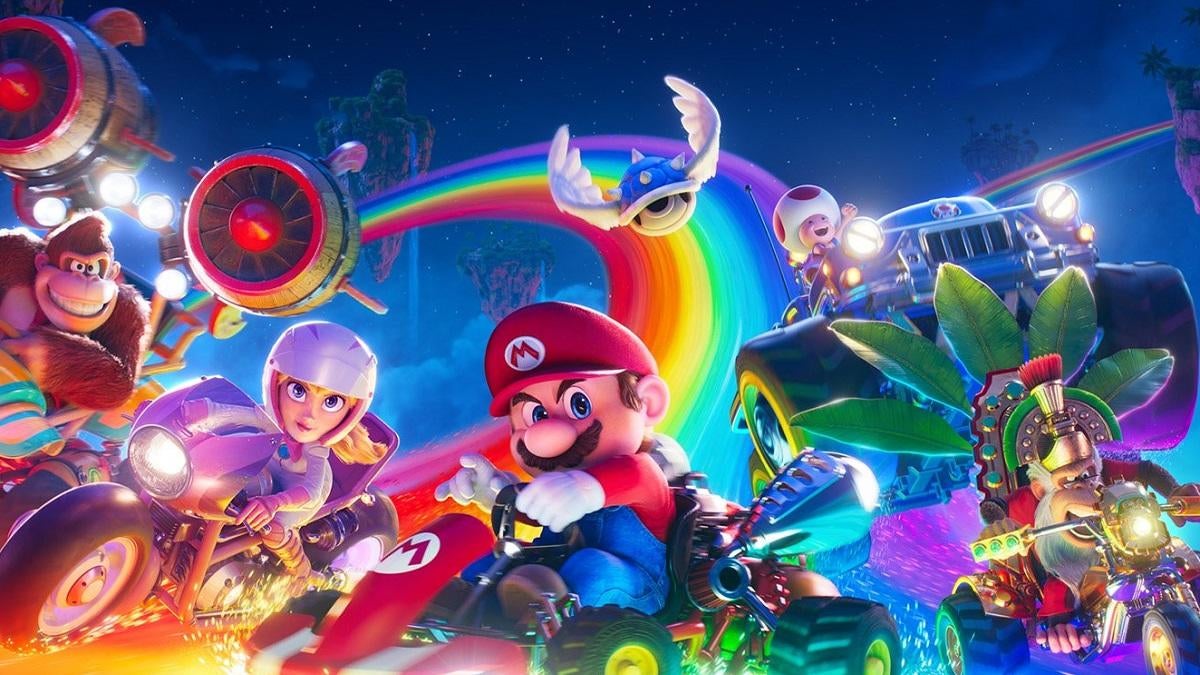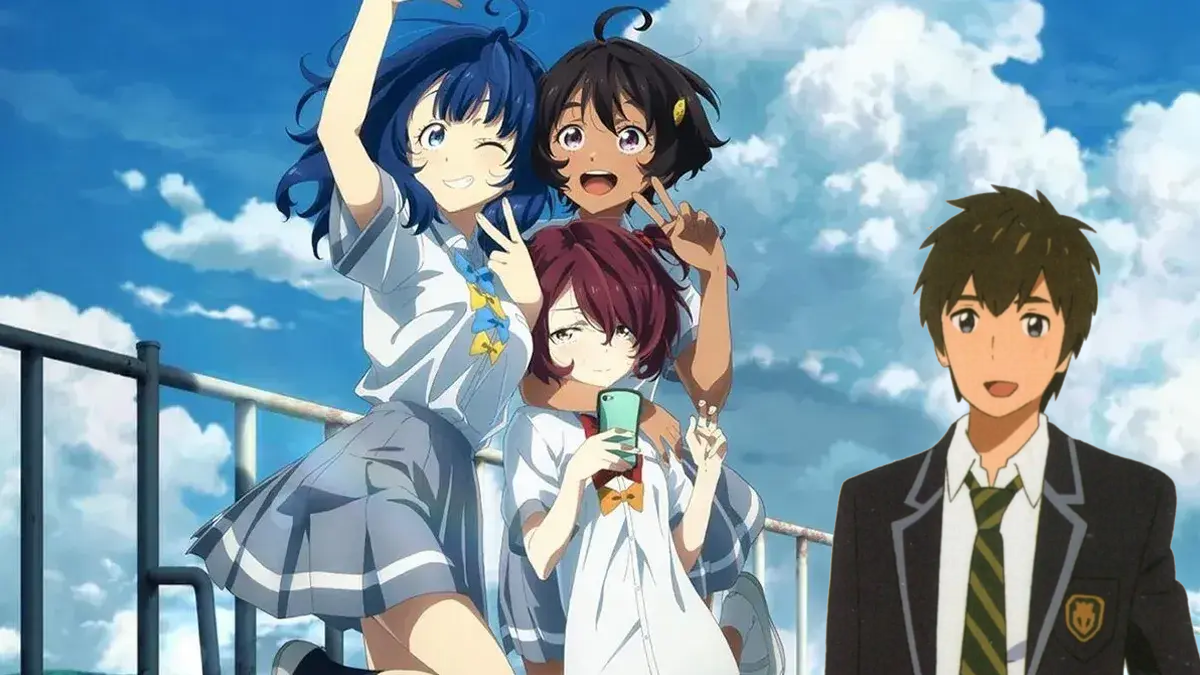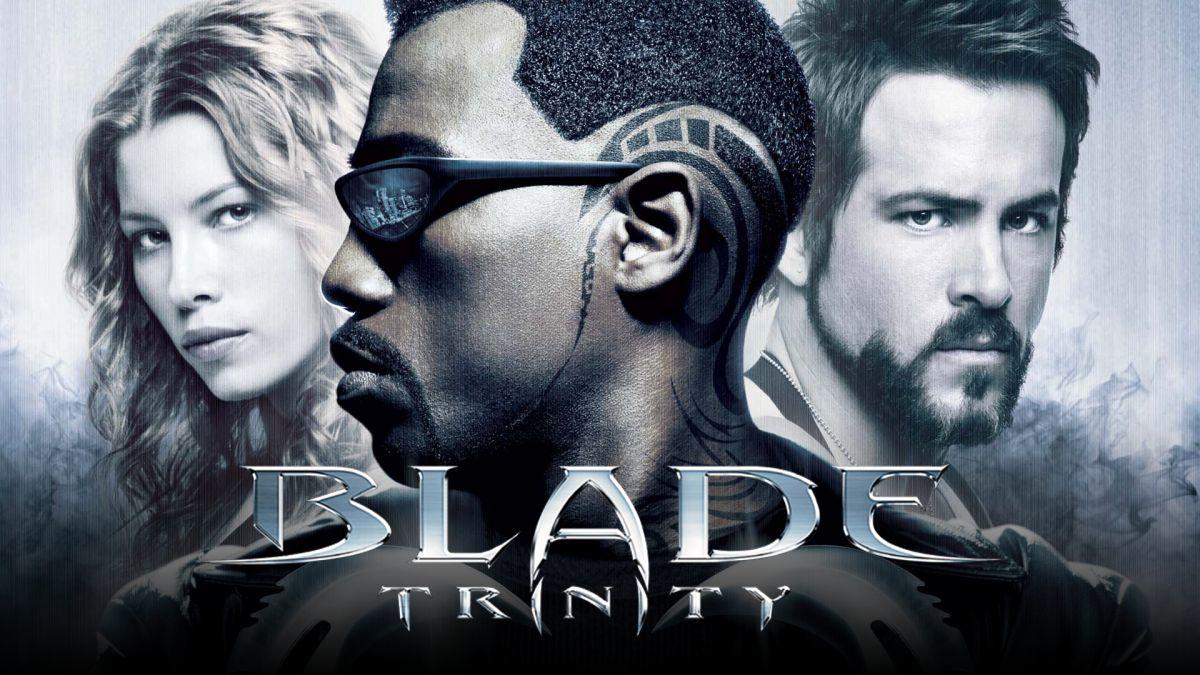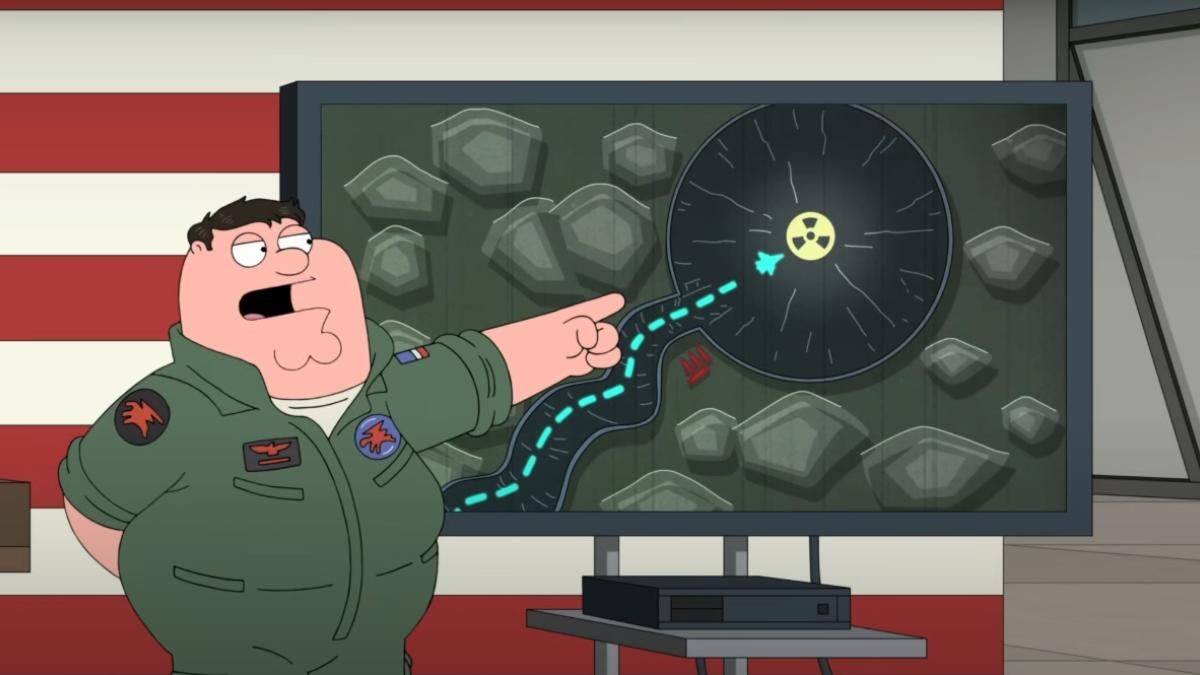Zack Snyder's Justice League Makes The Flaws of the Theatrical Cut Even More Obvious
From the moment it was announced last year, there was little doubt that Zack Snyder's Justice [...]
From the moment it was announced last year, there was little doubt that Zack Snyder's Justice League would ultimately be judged, at least in part, against the yardstick of the Justice League theatrical cut. Nominally directed by Snyder, but featuring serious changes to tone and story by director Joss Whedon and final cut by studio executives, Justice League had some really fun moments and earned a better Rotten Tomatoes score than Batman v Superman: Dawn of Justice had, but it was like so many other mediocre superhero movies: forgotten soon after it was released. Like Batman v Superman, it seems unlikely Snyder's Justice League cut will suffer that same fate.
But is it better? Well, in a word...much.
The Snyder cut of Justice League lays bare exactly how desperate Warner Bros. was to redefine the DC Films universe following the bruising they took from Batman v Superman. The theatrical cut -- which we actually quite liked at the time -- feels pretty hollow and shallow in comparison, with very few cuts that made the movie materially better (although it's certainly not out of line to argue that the overall idea of tightening up a four-hour cut is a good idea most of the time). Character arcs are stronger and deeper in the extended cut, with the need for every single moment to advance the plot gone. The villain's motivations are clearer, as are the stakes and the connection to Darkseid, whose brief appearances in the film are chilling and promise a bigger, scarier invasion to follow.
Justice League got, generally speaking, better reviews than prior Snyder outings and a not-insignificant number of "we're headed in the right direction" comments from fans online. That may have been influenced by the film's initial release window. Antipathy toward Batman v Superman was at a high, and expectations for the movie had been so diminished by the behind-the-scenes drama, that it was a low bar to clear. Also, to be frank, it's much easier to see some of Justice League's more serious missed opportunities, when you have seen the Snyder cut and see at least some of those opportunities realized.
The biggest of those opportunities lies in characters that Whedon (and Warner Bros.) seemingly considered peripheral: Cyborg, Steppenwolf, and Lois Lane among them. Cyborg has enough new material in this to fundamentally transform his role, and while Lois Lane and Martha Kent are both still supporting roles, they have significantly more screen time, and we get a peek inside their thought processes a bit.
Fans who remember Jared Leto saying that there was enough lost footage in Suicide Squad for Joker and Harley Quinn to have made a movie together? Well, that's how the story feels for Cyborg, whose relationship with his father is transformed from an incidental thing to one of the key, driving relationships in the movie.
Lois gets a lot more to do, including a scene that's ripped right from the comics -- specifically, sequences of Superman #76 and The Adventures of Superman #499, in which Lois visits with the Kents (Jonathan is alive in the comics at that point) and the pair talk about the difficulty of mourning someone who belonged, on some level, to the whole world. Sad and alone, they can't even express much of what they are feeling, because it would mean revealing to the world that Clark was Superman. It's a raw scene, especially for Lois, and gives the audience a much better sense for what these people are going through.
That isn't a small thing, either; critiques of the studio cut of Justice League have pointed out that the whole world is mourning Superman. but that all we got to see was big-picture stuff -- banners and crime waves -- and nothing intimate or character driven.
There are also aesthetic opportunities passed up -- the Fourth World stuff was much cooler and more elaborate in the Snyder cut -- although it's hard to know how much of that was creative direction in the Whedon version, versus how much of it was mandated by the studio in order to keep VFX costs down.
The reduced effort on the New Gods elements are a shame, because the expanded version is pretty great. The much-discussed "history lesson" scene of the film, which was briefly glimpsed in the theatrical cut, but that's about it. The segment included an expanded version of the ancient Apokoliptian invasion, including swapping Darkseid out for Steppenwolf as the leader of the opposing army who was turned back by the combined might of Earth's protectors. It also establishes what it is that makes Earth "special," and why Darkseid would return so soon in a prospective sequel even though Steppenwolf had been defeated and Superman was back as a potential protector. These are relatively minor plot elements, but they're used to good effect and feel a lot less like exposition when you're seeing a grand battle featuring Darkseid in action in Atlantis, versus when Batman and Wonder Woman walk and talk along a lake.
The theatrical cut of Justice League felt like a movie in which too much was happening in not enough time. It left the audience with unanswered questions, and left the characters feeling shallow because all of the focus had to be on advancing the plot at all times. In the case of Zack Snyder's Justice League, the film takes its time, for sure, and there will be plenty of members of the audience who lose their patience with that pacing. On the other hand, some (especially the Snyder faithful) will be knocked down by some of the beautiful vistas and gorgeously-composed shots that Snyder manages to capture along the way.
Even at its laggiest, the movie doesn't feel any slower than the middle-section of critical darling Deadpool -- although, again, there are economies of scale here, so it isn't just ten or twenty minutes we're talking about in Zack Snyder's Justice League. Still, it's split out over the course of the movie's runtime, not located in a central spot. You would be hard-pressed to find five or ten minutes that go by without a new, cool thing happening. The pacing lends to the sense that this project may have been better served as a prestige TV miniseries, although that could have been complicated given the contracts involved.
One of the most consistent claims made about the changeover from Snyder to Whedon is that Warner Bros. asked the latter to beef up the film's comedy, which is actually interesting in that there are relatively few of the movie's bed comedic beats that seem to have originated with Whedon. Certainly if you were to itemize them, you wouldn't come away with zero, but it's probably in the low- to mid-single digits, and given that Snyder's reputation is that of a dour and self-serious filmmaker, while Whedon is known for his peppy, poppy dialogue, that seems low.
If the idea was to bring in Whedon to make the movie feel more like a Marvel film, they only succeeded in the shallowest and most frustrating ways. Failing to capture the charm or frenetic pacing of a Marvel movie, the Snyder cut reveals that what Whedon did primarily was to remove style and swagger from Justice League, leaving it the kind of assembly-line corporate product that some critics and all-caps "SERIOUS FILMMAKERS" have accused Marvel of engaging in. It isn't an accusation that's entirely fair -- most of Marvel's movies have been terrific -- but it's hard to argue that, especially before Guardians of the Galaxy, the movies didn't have a color palette and soundscape that could feel a little homogeneous. The point here is not to insult Marvel, or even to compare their films unfavorably to Snyder's, but to say that what Whedon seems to have brought over from Marvel wasn't what the studio likely hoped he would.
Ultimately, Zack Snyder's Justice League is bigger -- albeit a little bloated, especially if you aren't already a fan of his take on the DC Universe -- and better than its theatrical counterpart. It's very definitively a Snyder movie, with blood flowing pretty freely and a couple of moments that likely would have sparked outrage had they been released theatrically (and, let's be honest, will probably still be debated endlessly on Twitter)...but at least it has a point of view, a coherent plot (the story in the Snyder Cut is deeper and more interesting than the theatrical version, while also being much more clear and coherent than Snyder's own Batman v Superman.




